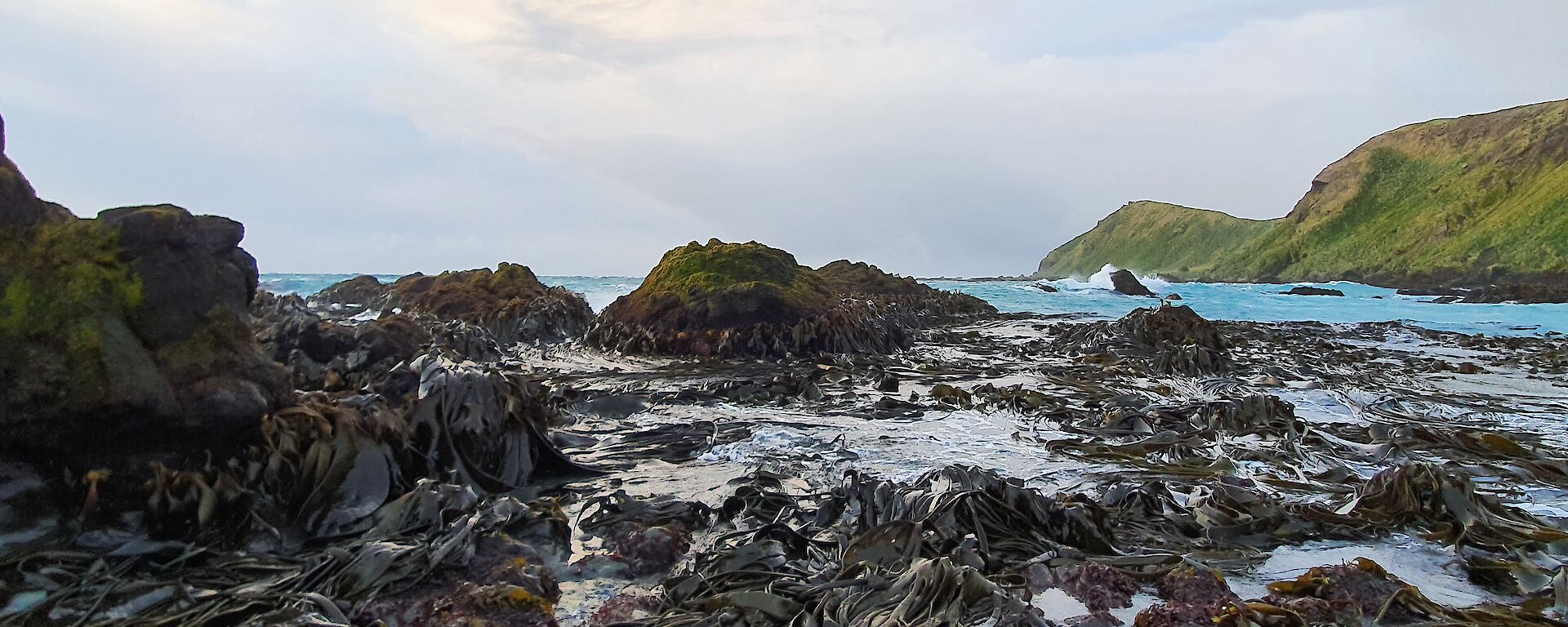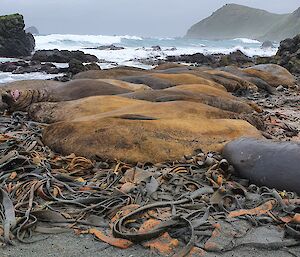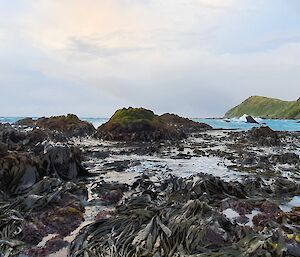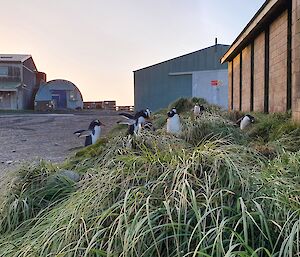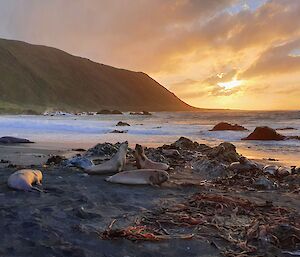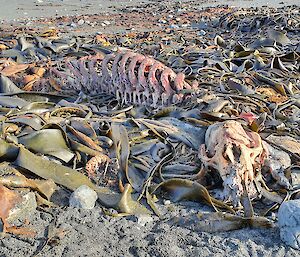Nature. In its full glory. Everyday. That’s life on this busy slice of oceanic crust isolated in the southern ocean. Nature, when properly appreciated, has this uncanny ability to put life in perspective.
We as people are fantastic at getting caught up in our heads. We become lost in dense warrens of memories, getting emotionally fired up about things which have already happened. We spend hours every day pedantically planning out what we are going to do tomorrow, next week, next year. And inevitably all our plans seem to fall through regardless – because the future is notoriously difficult to predict let alone curate. The proof is in the pandemic.
Macquarie Island is excellent tonic because that kind of thinking is hard to hold down.
It’s hard to get caught up in your head when dozens of gentoo penguins are carefully rearranging the tussock grass around the station. Busily nesting even though it isn’t nesting season. Comically stealing grass from their neighbours and hooting all night.
Impossibly fat elephant seals sleep and snort in puddles of their own filth, look at you with big black eyes and occasionally muster the effort to haul their heavy bodies along the beach. I’m told by Ranger Kim that this is called ‘chubbalugging’. With each bounce their blubber wobbles and ripples soothingly.
The giant petrels sit happily on the windy west beach. They are commanding, but only in the air. They take off with a fumbling run-up that leaves me genuinely concerned they aren’t going to make it.
Slimy piles of giant kelp in various states of coloured decomposition are moved around by the tides each morning. The kelp is competing with the elephant seals for the most ‘organic’ smell on the island.
Wind whipping in from the west – carrying black clouds of horizontal rain in at pace despite the sunshine overhead. The tussock grass all over North Head all ripples in unison and makes the hill look like a blurry optical illusion.
Skuas hover silently just over your shoulder out of your peripheral vision. Just in case...
Scattered bones poke out of the black sandy grit. Everything from a tiny vertebra with sinew still attached to a half an upper jaw bone from a sperm whale.
Occasional orcas crest up at the surface and reward people who take the time to take in the horizon. If you call in an orca sighting over the radio but nobody else sees it – did it really happen? Apparently not I’ve learnt.
A lot of people I have spoken to feel that Antarctic work changes the way you see things. And I’d second that. The natural world, in this degree of comedy and carnage, forces you to stop your inner monologue for a second and look up at what’s around. We are a lucky group of 16 expeditioners to be here.
Just a thought from Dr Rob and your friendly neighbourhood Macca crew.

